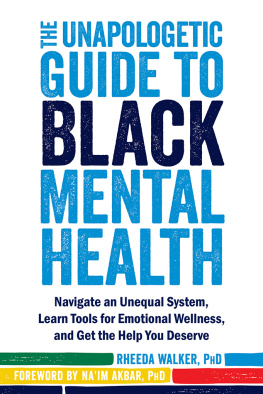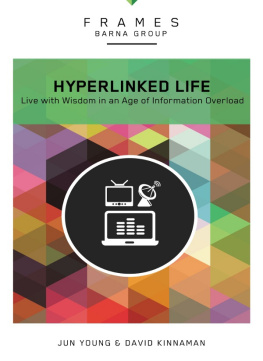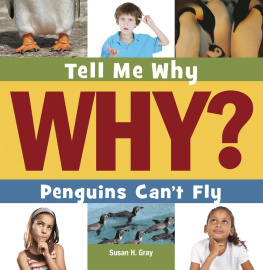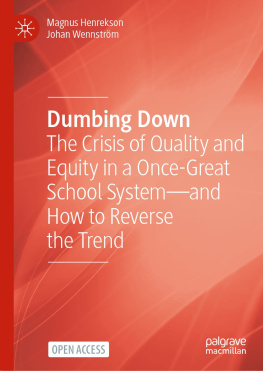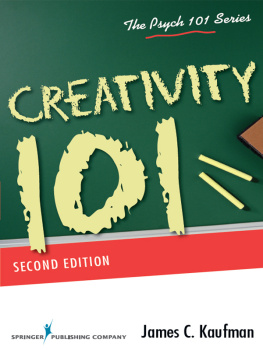WHAT PEOPLE ARE SAYING ABOUT
Mental Penguins
I literally could not put this book down. Prof. Sardamov makes a passionate, meticulously-researched and utterly compelling case for reinstating reading (yes: old-fashioned text-based reading) at the heart of formal education. No UK or US academic at the moment would dare to write this bookbut, boy, do we need it! Buy it, read it and send a copy to your favourite politician.
Sue Palmer, literacy specialist, author of Toxic Childhood and Upstart
Prof. Sardamov sounds the alarm about the unrelenting, pervasive stimulation facilitated by our enchantment with information technology. He makes a compelling case for reclaiming the less thrilling yet essential gratifications of reading, one child at a time.
Dr. Philip Zimbardo, Professor Emeritus, Stanford University, and Founder of The Heroic Imagination Project
An impassioned plea for the need to avoid gimmickry in education and to recapture the patient reading and learning that gives depth and breadth to developing minds. Those who have their own reasons not to hear its important message will easily dismiss this very personal book, but they would be unwise to do so.
Dr. Iain McGilchrist, psychiatrist, author of The Master and His Emissary
Prof. Sardamov has accomplished a fabulous integration of the personal narrative and academic form, with a readable, understandable call to alarm for anybody willing to listen. His own experience is compelling, and his review of many aspects of neuroscience, psychology and even philosophy lend tremendous theoretical support to his argument.
Dr. Stephanie Brown, clinical psychologist, author of SPEED
First published by iff Books, 2017
iff Books is an imprint of John Hunt Publishing Ltd., Laurel House, Station Approach, Alresford, Hants, SO24 9JH, UK
www.johnhuntpublishing.com
www.iff-books.com
For distributor details and how to order please visit the Ordering section on our website.
Text copyright: Ivelin Sardamov 2016
ISBN: 978 1 78535 342 0
978 1 78535 343 7 (ebook)
Library of Congress Control Number: 2016939770
All rights reserved. Except for brief quotations in critical articles or reviews, no part of this book may be reproduced in any manner without prior written permission from the publishers.
The rights of Ivelin Sardamov as author have been asserted in accordance with the Copyright, Designs and Patents Act 1988.
A CIP catalogue record for this book is available from the British Library.
Design: Stuart Davies
Printed and bound by CPI Group (UK) Ltd, Croydon, CR0 4YY, UK
We operate a distinctive and ethical publishing philosophy in all areas of our business, from our global network of authors to production and worldwide distribution.
It would be all too comical
Wasnt it so deeply sad.
M. Y. Lermontov
The End of Education Revisited
This is the story of how I solved a mysterythe mystery of the neverending education crisis. Not that I have found any ultimate solution or set of policy and pedagogical fixes for itthat would be too much to ask. Rather, I believe I have come to understand why so much hope and hype, effort, and resources invested in education and educational reforms have failed to produce generations of better prepared high school and college studentsnot just in the United States, but also in many other countries. And why, as they have adapted to a harsh and dynamic socio-technological environment, growing numbers of students seem unimpressed by the ideas and the larger social world they are required to study (despite occasional bouts of enthusiasm like the wave of youthful support for American presidential hopeful Bernie Sanders or other causes).
Alas, I have come to the conclusion that the most wethose apprehensive about the socio-technological challenges I will describecan hardly turn the tide. The most we can do is try to construct small-scale sanctuaries for ourselves, our students, and our children. This must be a depressing conclusion, but it seems unavoidable (to me at least) given the societal and technological pressure cooker in which we liveand in which we need to raise our children.
To reach this conclusion, I have stood on the shoulders of countless neuroscientists and other scholarsand perhaps stepped on the toes of many. I have also benefited from observing my own mental Galapagos (or Antarctica)the assortment of students I have taught at the American University in Bulgaria over the past 18 years. For the better part of these years, I have been puzzled by a central paradox. As I have worked to become a better college teacher, I have seen growing numbers of my students struggle to grasp the main points in course readings, and to accumulate knowledge and connect the dots as they take various courses. And I have observed growing estrangement from larger social issues and ideas, and confusion even about simple administrative policies and requirements.
Of course, these concerns are not entirely new. The Crisis in Education was, in fact, the title famed political philosopher Hannah Arendt chose for an article she published over six decades ago. It offered a somewhat alarmist analysis at a time which some traditionalists still see as a period of solid learning in American schools and colleges. By the 1950s, however, perceptions of a far-reaching crisis in American education had already become conventional wisdom. Seeking an explanation and a way forward, Arendt lamented what she saw as the crass instrumentalization of educationits reduction mostly to a tool for achieving other goals. She thought that approach was counterproductive, even when pursued with an ostensibly noble purposethe cultivation of engaged and responsible citizens.
Arendt wrote about the area of education which was closest to her heart (and resonates most in mine)the teaching of political ideas. But the problems she addressed ran much deeper. As a political philosopher, Arendt understood well the need to place these problems in a broader social and intellectual context. She was concerned that the problematic approach to education she was criticizing in fact reflected and was reinforcing a more comprehensive crisis of modern societya society which needs to find a balance between attachment to healthy traditions and the demands of the future.
Arendts criticisms were directed not only at the still predominant factory model of education. She also believed the progressive He hoped such an approach could counteract disturbing cultural and technological trends, and a potentially debilitating unbalancing of the information environment.
Postman was initially most concerned with the ubiquity of television, the predominance of visual imagery, and the danger of amusing ourselves to death in the age of show business. marked by the demise of the grand narratives that could endow education with a larger purpose. Both Arendt and Postman hoped that the troubling trends they had identified could be correctedby returning to a less utilitarian model or the spread of some noble lies regarding the larger goals of education.
I am afraid my own vision is not as cautiously optimistic as theirsor as good humored as Postmans. Worse, my skepticism has been reinforcededucation and beyond.
These debates have been focused not only on educational practices but also on wars of ideas and political projects. From my perspective, both the philosophical probings of humanistic educators and educational theorists and the no-nonsense recipes of their utilitarian opponents miss a vital dimension. They do not sufficiently take into proper consideration the intricate ways in which the social and mental lives of children and adults are enmeshed with some basic neural and physiological processes. This statement will probably evoke an instant rebuttal pointing to the recent mushrooming of neuroeducation, alongside many other neuro-branded fields of research. From my investigations, however, I have concluded that these undertakings have some serious limitations.


